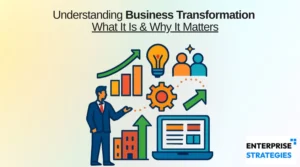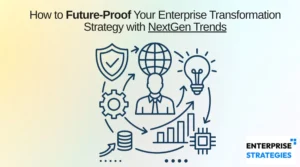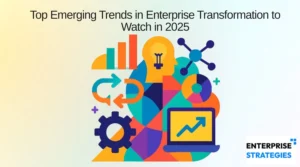 When starting a new job, most individuals begin with high hopes and expectations for the job based on the description and on talks with interviewers and employees. This initial engagement can remain or become disengagement quickly depending on several factors, including company culture.
When starting a new job, most individuals begin with high hopes and expectations for the job based on the description and on talks with interviewers and employees. This initial engagement can remain or become disengagement quickly depending on several factors, including company culture.
While some employees will become disengaged regardless, the individuals who have a genuine interest in and passion for the company are the people you do not want to lose. One way to encourage engagement is to motivate employees by promoting the idea that each individual can have an impact, both on his or her own professional life and on the workplace.
Take the opportunity
If offered the chance to lead a new project or be added to a team, consider the benefits. Unless you have enough or too much going on already, say yes. Many times, opportunities are not the perfect fit or may seem daunting. Accepting a challenge is not always easy for some people, but showing initiative in taking on something new offers benefits for everyone involved. For example, your fresh perspective when joining a new team is extremely valuable – for the team, because of new ideas and suggestions, and for you, because of the learning opportunity.
Network
Another sometimes-daunting task is taking advantage of every opportunity to network with other professionals. Especially when starting at a new company, going to conferences, seminars, and company events is a great way to meet people in the industry who may become a great contact. You never know who could end up being a great mentor, connection or friend. Keeping a continued friendly communication with people you meet will serve you well.
Feedback
Employees typically receive periodic reviews based on company policy, but asking for feedback after a specific project or task can help with your learning and improvement. Constructive criticism is a great way to continue developing your expertise, especially from your boss or a peer who has more or different experience.
Reflect
Taking the time for reflection after a task is undervalued. Many people spend so much time researching, preparing for, and then completing something without giving it a second thought afterwards. Reflection is feedback for you, and ensures you are consistently improving and learning from your past experiences and opportunities.
Having an impact often starts small, but can potentially lead to making big changes to your workplace and your own life. Taking on challenges and constantly communicating with peers, supervisors, and other professionals allows for an exceptional company culture and continually improving professional development.




